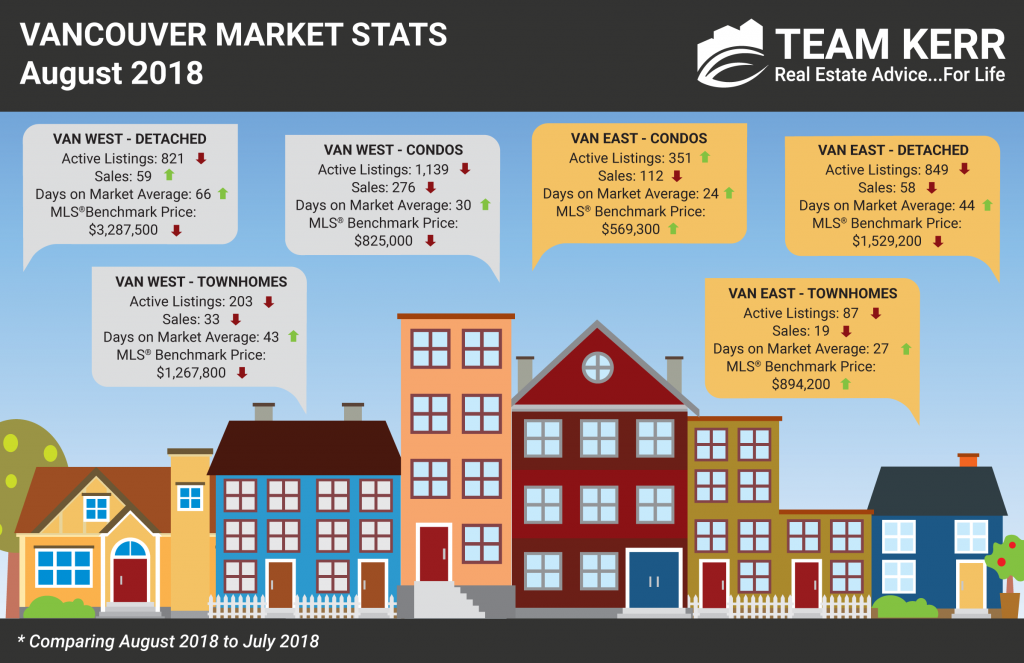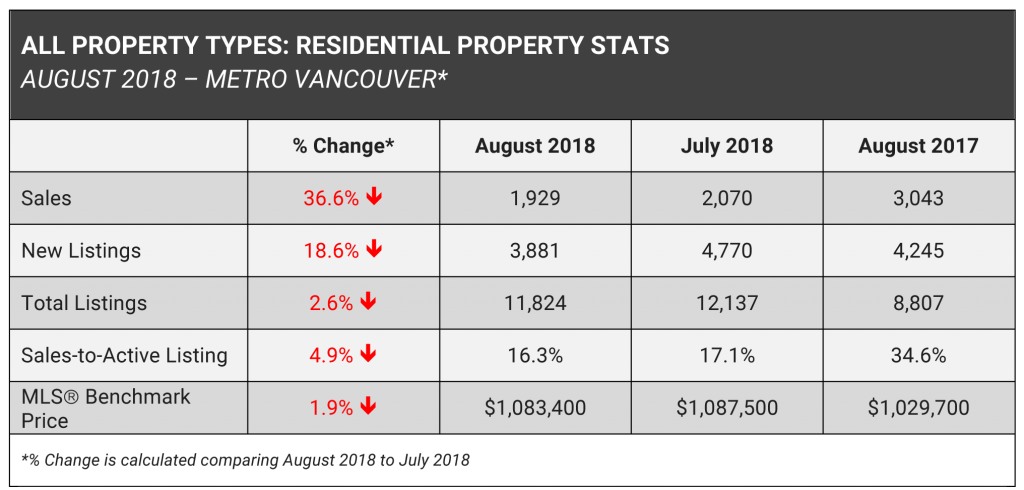Easing of cannabis laws creates questions for strata corporations
Tony Gioventu
The Province
Dear Tony:
Our strata council is very confused about the new marijuana legislation and all the hype that has been published in the media. With seven volunteers cruising through the Internet, we have naturally developed seven different opinions on what we can do or what we have to do to protect out strata.
Our strata is a simple 16-unit townhouse complex, but I also own a rental unit in a 171-unit highrise and have concerns about activities that could affect the comfort of my tenants and our investment.
Please explain what we need to do if we want to stop the consumption of marijuana in our properties.
Sylvia M., Port Moody
Dear Sylvia:
Yes, the current legalization of cannabis permits limited possession and consumption of products and a limited growth of plants per occupant. However, strata corporations are permitted to adopt bylaws that prohibit cultivation of plants and prohibit forms of consumption or behaviour that may result in nuisance, harm or risk of endangerment to other occupants or property.
The Schedule of Standard Bylaws of the Strata Property Act already contains a bylaw that addresses issues of nuisance. If I am conducting an activity in my strata lot or on common property that causes a nuisance to an owner, tenant or occupant, the strata corporation may apply the current standard nuisance bylaw.
Many strata corporations where the homes are attached and share walls, floors and ceilings or ventilation systems have already adopted bylaws that strictly limit or prohibit smoking of any types of products on common property, limited common property and within strata lots.
Remember: when you live in a strata, your home is not your castle. If your activities are likely to cause or are causing a nuisance to a neighbour, your strata council will enforce nuisance bylaws. This applies not only to smoking or vaping, but it may also apply to other activities, such as the use of barbecues.
A strata corporation may adopt a defined bylaw that restricts or prohibits smoking of any type of substance and may prohibit the cultivation of plants, with the exception of those persons with medical licence exemptions.
If your strata corporation is not restricting cultivation of plants, there may be unforeseen consequences and damages if someone exceeds their limits or reasonable growing conditions. In order for plants to reach successful maturity, they require significant growing/daylight hours, fertilizers, increased watering or hydroponic conditions and ventilation.
With five to 10 plants in a strata lot, compounded conditions may result in high levels of humidity in the unit and adjacent areas, unsafe demands on electrical loads, fire hazards, odors and the increased risk of mould. If your building is not limiting or restricting cultivation, it would be valuable to monitor building interior conditions on a routine schedule to ensure no one has exceeded the permitted limits, resulting in a full-blown grow op.
You cannot restrict or prohibit the types of substances that people consume. What people consume is their business, how they consume a product within your residential strata corporation may be controlled in your bylaws. Edible cannabis products are legal and no different than someone coming home with a bottle of liquor.
© 2018 Postmedia Network Inc.



